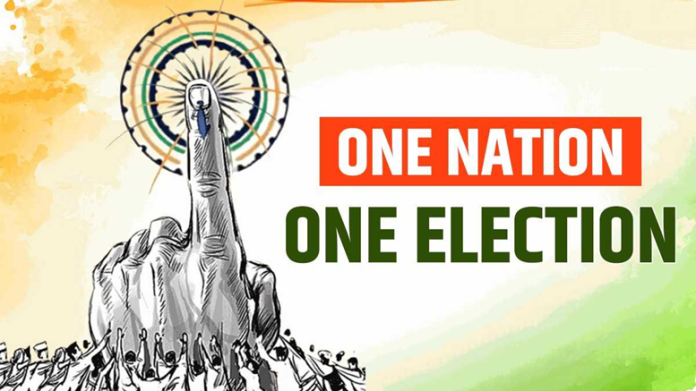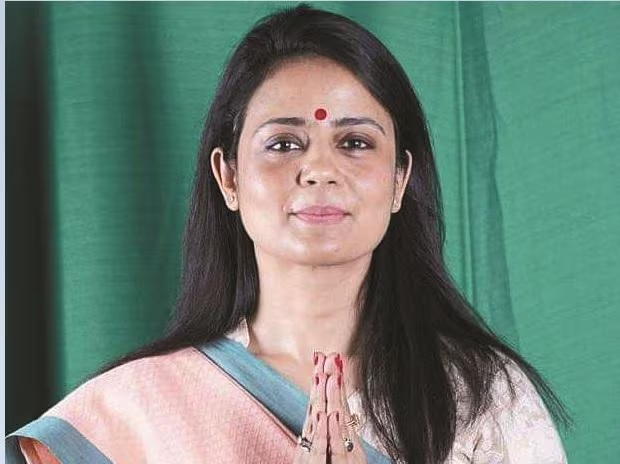ONE NATION ONE ELECTION BILLS INTRODUCED:
To put it simply, it implies that all Indians will cast ballots in the Lok Sabha and Assembly elections, which will choose both the national and state legislators, during the same year, if not simultaneously.
Only four states had Lok Sabha elections in 2024: Andhra Pradesh, Arunachal Pradesh, Sikkim, and Odisha. These states held their elections concurrently with the April–June Lok Sabha election. In October and November, three more states—Maharashtra, Haryana, and Jammu and Kashmir—cast ballots.

ONE NATION ONE ELECTION BILLS PASS DO?
The remaining states have non-synchronized five-year cycles; for instance, Karnataka, Madhya Pradesh, Rajasthan, and Telangana were among those that cast ballots at various times last year, while Delhi and Bihar will do so in 2025 and Tamil Nadu and Bengal in 2026.
ONE NATION ONE ELECTION PASSES GAME:
As of right now, the opposition party, the Congress-led INDIA, has 234 MPs, while the BJP-led National Democratic Alliance has 293. According to Congress leaders, the NDA’s score is insufficient, even at full strength, to pass legislation amending the Constitution.

ONE NATION ONE ELECTION BILL PASSES NUMBER BEHIND:
Therefore, if an equal number of MPs are present and vote in favour of passing the proposals to modify the Constitution, the BJP will require assistance from non-aligned parties. The YSR Congress, which has four MPs, and the Akali Dal, which has one, are the only options in that scenario. Both have promised to help.
That means that in order to pass the Lok Sabha with his “one nation, one election” vision, Prime Minister Narendra Modi needs at least nine more votes, which is not impossible to acquire for the BJP.
A full-strength Lok Sabha would require an additional 64 votes for the BJP.
For the time being, the bill will probably be sent to a joint committee, which will be formed according to the number of members of each party in the Lok Sabha. This will indicate the
ONE NATION ONE ELECTION BILLS :
Law Minister Arjun Ram Meghwal presented the Constitution (129th Amendment) Bill to the Lok Sabha this afternoon. The opposition launched vicious attacks after the implementation.
Leading the charge were Manish Tewari of the Congress, Dharmendra Yadav of the Samajwadi Party, Kalyan Banerjee of the Trinamool Congress, and TR Baalu of the Dravida Munnetra Kazhagam of Tamil Nadu.
Opposition was also expressed by the Nationalist Congress Party group, led by Sharad Pawar, the Shiv Sena party of former Maharashtra Chief Minister Uddhav Thackeray, and other minor parties, such as the Indian Union Muslim League and the Communist Party of India (Marxist).

ONE NATION ONE ELECTION BILLS :
Mr. Baalu drew attention to the costs associated with simultaneous elections, pointing out that the Election Commission must invest ₹10,000 crore on new electronic voting machines (EVMs) every 15 years. “The government should send this bill to the JPC (joint parliamentary committee),” he stated.
UNWAVERING SUPPORT FROM BJP ALLIES
Two of the BJP’s partners, the Sena group of Maharashtra’s Deputy Chief Minister Eknath Shinde and the ruling Telugu Desam Party of Andhra Pradesh, declared their support for the measure.
“Andhra Pradesh has demonstrated that when elections are held simultaneously, the government and procedure are clear. it has been our experience, and we want it to occur throughout the nation,” Lavu Sri Krishna Devarayalu, a member of the TDP, stated with “unwavering support.”

KEY TAKEAWAYS:
1.Public Response: Of the more than 21,500 comments the Committee received, 80% supported holding elections at the same time. All regions of the nation, including Lakshadweep, Andaman & Nicobar, Nagaland, Dadra, and Nagar Haveli, sent replies. Tamil Nadu, Maharashtra, Karnataka, Kerala, West Bengal, Gujarat, and Uttar Pradesh had the most answers.
Political Parties’ Reactions: The opinions of 47 political parties were presented. 32 of these parties backed simultaneous elections, pointing to advantages including social peace and resource optimisation. 15 parties expressed worries about the marginalisation of regional parties and its anti-democratic implications.





